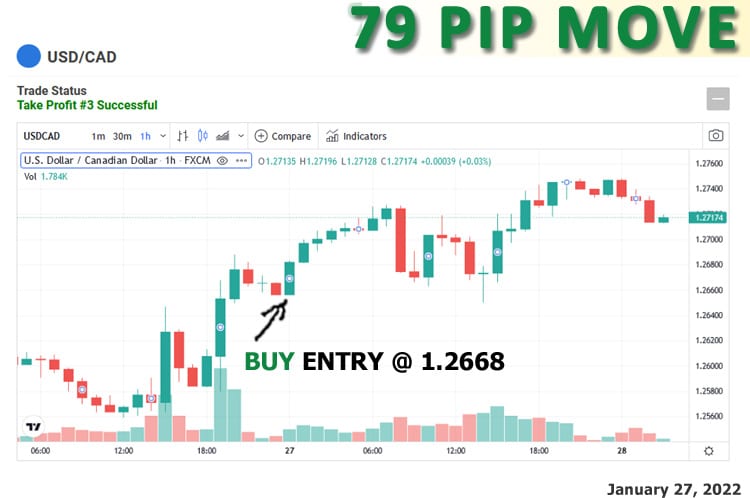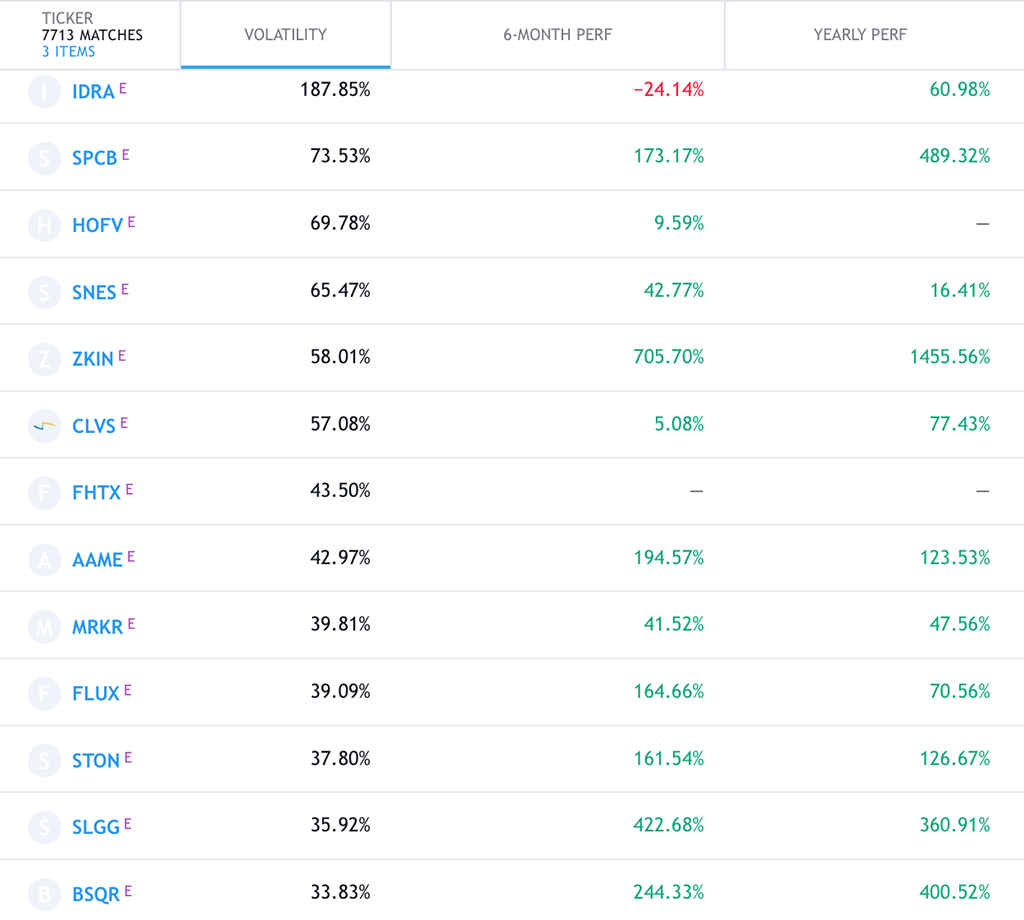For seasoned investors, the exhilarating world of financial markets offers a tantalizing blend of opportunities and risks. Among the diverse investment options, foreign exchange (forex) and stocks stand out as popular choices. While both avenues present compelling prospects, their volatility levels can significantly impact trading strategies and risk tolerance. This article delves into the contrasting levels of volatility between forex and stocks, exploring historical trends, market dynamics, and implications for investors.

Image: www.forexsignal.com
Defining Volatility
Volatility, a key metric for assessing market behavior, gauges the extent to which the value of an asset fluctuates over time. It’s commonly measured using standard deviation, which quantifies the deviation of asset prices from their mean or average. Higher standard deviation implies greater volatility, indicating more frequent and pronounced price swings. Understanding volatility is crucial, as it influences investment strategies, risk management, and potential returns.
Historical Comparison: Forex vs. Stocks
Over the past few decades, the forex market has generally exhibited higher volatility compared to the stock market. Forex involves trading currency pairs, each driven by numerous economic, political, and global factors. The massive size of the forex market, with an estimated average daily trading volume exceeding $6 trillion, contributes to its heightened responsiveness to news events, geopolitical developments, and central bank decisions.
In contrast, stock markets, where shares of publicly traded companies are bought and sold, tend to display lower volatility over extended periods. While stocks can experience significant short-term fluctuations due to company-specific news or market conditions, the overall valuations of large-cap stocks and well-diversified indices typically exhibit more gradual changes. However, certain sectors within the stock market, such as technology or emerging markets, can experience higher volatility.
Factors Influencing Volatility
Forex:
- Economic data releases (e.g., GDP, inflation, unemployment)
- Political and geopolitical events
- Interest rate decisions by central banks
- Currency speculation and carry trade
- Natural disasters and global crises
Stocks:
- Company earnings and financial performance
- Industry trends and technological disruptions
- Economic conditions and consumer confidence
- Investor sentiment and risk appetite
- Mergers, acquisitions, and corporate actions

Image: fxssi.com
Implications for Investors
The volatility differential between forex and stocks has significant implications for investors:
- Higher Potential Returns, Greater Risks: Forex offers the allure of higher potential returns, but this comes with the caveat of greater risk due to its inherent volatility. Profits can be substantial, but so can losses.
- Diversification Benefits: While forex and stocks may exhibit similar volatility patterns over broader timeframes, their correlations can fluctuate. Incorporating both asset classes into an investment portfolio can enhance diversification and mitigate overall risk.
- Short-Term vs. Long-Term Trading: Forex traders often engage in short-term trading strategies (e.g., day trading), capitalizing on intraday price fluctuations. Stock investors, on the other hand, typically adopt a longer-term approach, investing in solid companies with growth potential.
- Risk Tolerance and Trading Style: Investors must carefully consider their risk tolerance and trading style before deciding between forex and stocks. Forex is better suited for those comfortable with high volatility and short-term trading.
Is Forex More Volatile Than Stocks
Conclusion
The forex market and the stock market present distinct volatility profiles that cater to different investor preferences and risk appetites. Forex, with its higher volatility, offers potentially greater returns but also higher risks. Stocks, while generally less volatile over longer periods, can still exhibit significant fluctuations. Understanding these volatility dynamics is paramount for making informed investment decisions and designing effective trading strategies. Ultimately, the choice between forex and stocks depends on individual goals, risk tolerance, and the ability to navigate volatile markets. Remember to consult with a financial advisor to assess your specific circumstances and investment objectives.






